Evergreen Tree Characteristics: Stayin’ Green, Stayin’ Alive
When the rest of the forest is going full drama queen in fall with changing leaf colors (orange! yellow! everything must go!), evergreen trees are out here like, "I'm good." Year-round greenery, built-in winterwear, and a whole lot of staying power, these living legends are basically the low-maintenance friends of the tree world. Reliable. Calm. Slightly pokey.Let's branch out and explore some evergreen tree characteristics!
 What Is an Evergreen Tree?
What Is an Evergreen Tree?
First up, evergreen trees aren't just one kind of tree. They're a whole crowd of needled and broadleaf buddies who all share the same fashion sense: green, 365 days a year.
While their deciduous cousins lose their leaves seasonally, evergreen trees hold onto theirs. Not out of stubbornness (okay, maybe a little), but because those tough little needles or leaves are built to last.
And yes, they can photosynthesize in winter. Talk about overachievers.

The 5 Characteristics of Evergreen Trees
Let's get into the good stuff: what makes evergreens so, well, evergreen?
1. They're the Leaf-It-In Place Type
Evergreens don't drop their leaves all at once. Instead, they shed them slowly over time, meaning you won't see them go bald every fall. Their leaves (or needles) are covered in a waxy coating and are often shaped to reduce moisture loss. It's like having a tiny raincoat on every leaf. Chic and functional.
Needles may be small, but they're mighty and they hold up against wind, snow, cold, and the occasional curious squirrel.

2. They're Drought-Defying Champs
That waxy coating we mentioned? It's not just for looks. It also keeps water in and dry air out. This means that evergreens are well-suited for surviving in areas where water is scarce, from dry mountain slopes to sandy coastal dunes.
3. They're Evergreen, Not Ever-Fast
Most evergreen trees grow more slowly than deciduous trees. Why? Because they invest more energy in making durable, long-lasting leaves instead of flashy, fast-growing ones.
That slow-and-steady growth means evergreen wood tends to be dense and strong. It's excellent for building, furniture, and standing tall against winter storms.

4. They're Snow-Day Survivors
Have you ever noticed how many evergreen trees have a classic triangular or conical shape? That's no coincidence. That shape helps snow slide off instead of piling up and snapping branches.
Think of it like nature's version of a waterproof parka: form, function, and fabulousness.
5. They've Got a Type and It's Usually "Needle"
Most evergreens are conifers, which means they produce cones instead of flowers. Pine, spruce, fir, cedar, and juniper trees all fall into this group. Each one has its own personality (yes, we're tree people, and proud of it).
That said, there are also some broadleaf evergreens, such as holly or live oak. Not all evergreens have needles, but the needle-leaved evergreens get the spotlight most often because they really commit to the look.

Evergreen Tree Examples You've Probably Met (or Hugged)
Let's name-drop a few familiar faces in the evergreen crowd:
- Pine trees: The holiday classic. Their long needles and sweet scent make them favorites for forests and fireplaces.
- Spruce trees: Square needles, stiff attitude. Spruces are tall, tidy, and a bit prickly. Classic overachievers.
- Fir trees: Soft, flat needles and that signature citrusy forest smell. They're often confused with pines, but fir needles don't roll when you rub them. Fun fact!
- Cedar trees: Aromatic and rot-resistant. If your closet smells like a spa, thank a cedar.
- Juniper trees: Tiny needles or scales, and bonus points for producing berries that flavor gin. Yes, evergreens can be party supplies.

Why Be Evergreen at All?
Great question. Evolution isn't just throwing darts at a leaf chart.
Evergreen trees evolved to thrive in harsh environments, including poor soil, cold temperatures, and dry air, among other conditions. Their year-round greenery helps them take advantage of every bit of sunlight, even in winter.
And because they don't need to regrow leaves each year, they conserve a significant amount of energy. It's the tree equivalent of wearing the same cozy hoodie all year long. Sustainable and stylish.
The Pros and Cons of Evergreens
Perks:
- Shade and privacy, year-round
- Nesting spots for birds and critters (who also appreciate the stable shelter)
- Good windbreaks in open landscapes
- Low-maintenance landscaping options (they don't ask for much, really)
Trade-offs:
- Resin. It's sticky. It'll end up on your clothes.
- Prickly needles in your shoes. Somehow, always.
- Some evergreens are alittle territorial. They can make the soil beneath them tough for other plants to grow.
Still, we'd argue the benefits outweigh the occasional sap stain. After all, what's a little pine pitch between friends?

Where in the World Are Evergreen Trees?
Short answer: pretty much everywhere, except the hottest tropics and the coldest tundras. But their styles vary depending on the zip code.
- Boreal forests (taiga): Home to spruce, fir, and pine. These forests stretch across the top of the world like a fuzzy green headband.
- Mediterranean zones: Think holm oak and pine forests in Italy or coastal California.
- High-altitude ranges: Mountain evergreens keep it cool at elevation.
- Coastal dunes and deserts: Surprise! Some tough, scrubby evergreens, such as junipers and pinyons, do just fine in dry sand and rock.
Cool Evergreen Tree Facts to Stump Your Friends
- Some bristlecone pines (a type of evergreen) are the oldest trees on Earth, at over 4,000 years old. Yes, they were around before written history and still haven't retired.
- The giant sequoia and coast redwood are both evergreen and some of the biggest trees on Earth.
- Pine trees don't just produce cones; some also release a chemical that gives off that fresh forest smell. It's called phytoncide, and studies suggest it might even help reduce stress. Forest bathing, anyone?
- That sticky stuff? It's resin, not sap, and it has been used for centuries in everything from waterproofing to perfumery.

Evergreens and You: The Real Tree-lationship
Evergreen trees do a lot more than stand around looking pretty (although they do excel at that). Here's how they've got your back:
- Air filtering pros: Like all trees, they absorb carbon dioxide and release oxygen, but their year-round leaves mean they're on duty in every season.
- Wildlife housing: Birds, squirrels, and even porcupines use them as shelter and snack stations.
- Erosion control: Roots hold soil in place like the forest's version of duct tape.
- Aesthetic comfort: There's just something comforting about seeing green when everything else is grey and frozen. It's the tree version of a warm hug.
Tree's Company: How to Add Evergreens to Your Life
Want a little evergreen energy in your space?
- Plant a native species if you've got a yard. Bonus: they'll attract local wildlife.
- Add a potted dwarf spruce to your patio or balcony. They're surprisingly chic.
- Get cozy with evergreen-themed designs (like our BeCause tree tees!) if you want towear your love for forests on your sleeve.

Final Thoughts: Always Green, Always Grateful
Evergreen trees are the ultimate "keep calm and photosynthesize" squad. Quietly powerful, eternally green, and doing the forest's dirty work year-round. So next time you see one, take a moment to appreciate its stay-true spirit.
No drama, no seasonal wardrobe changes, no leaf-scattering tantrums. Just steady, green-hearted resilience.
Sounds like a role model to us.

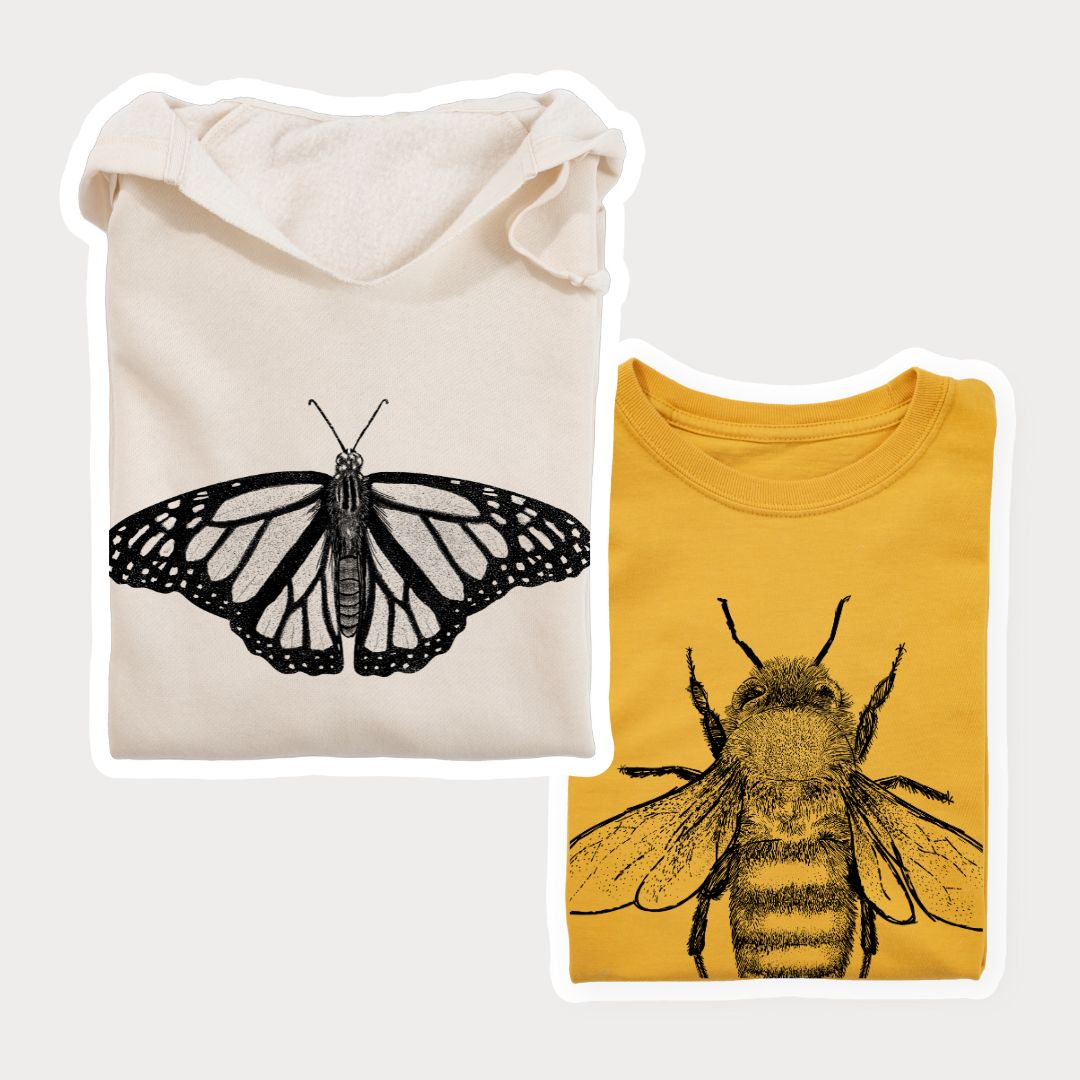

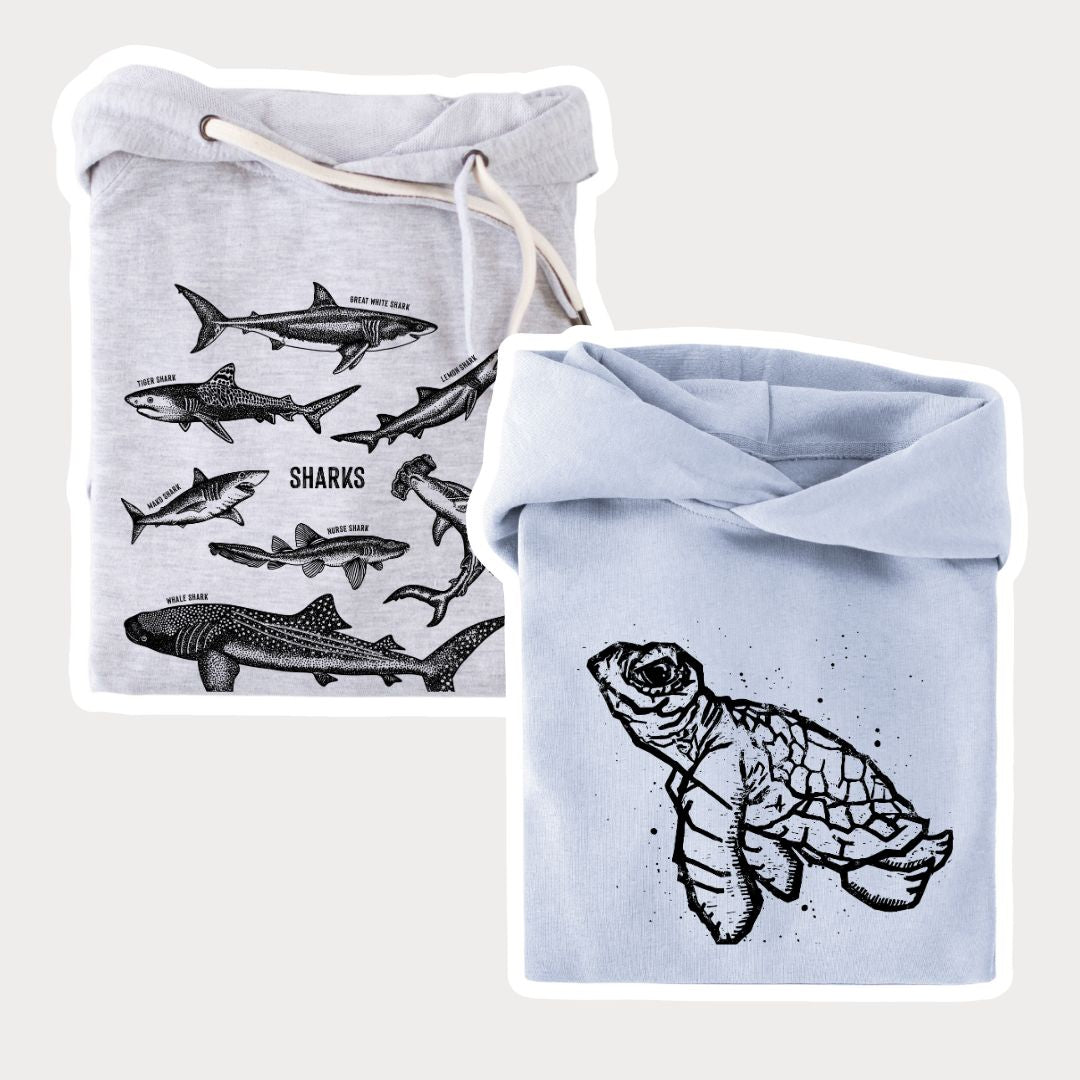
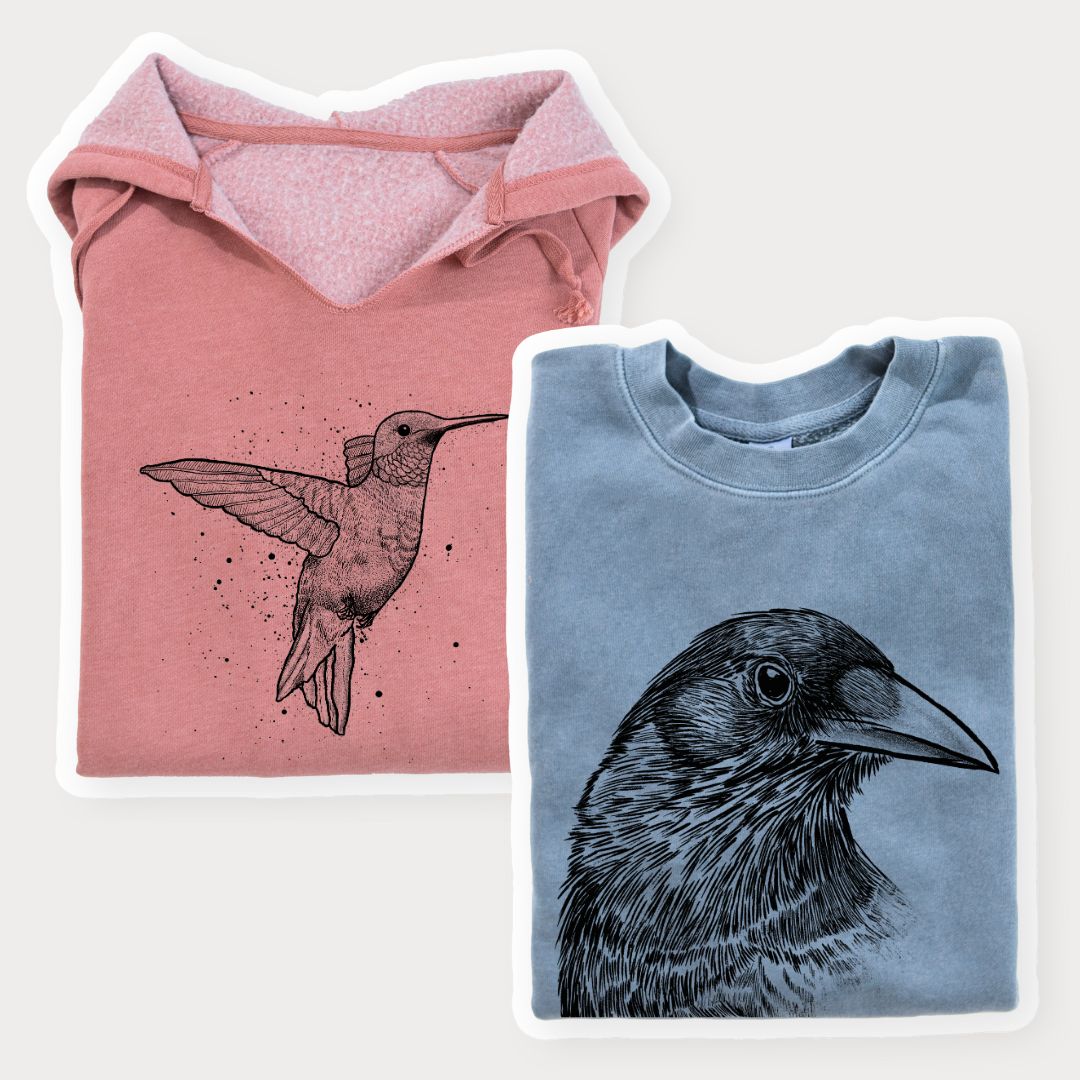
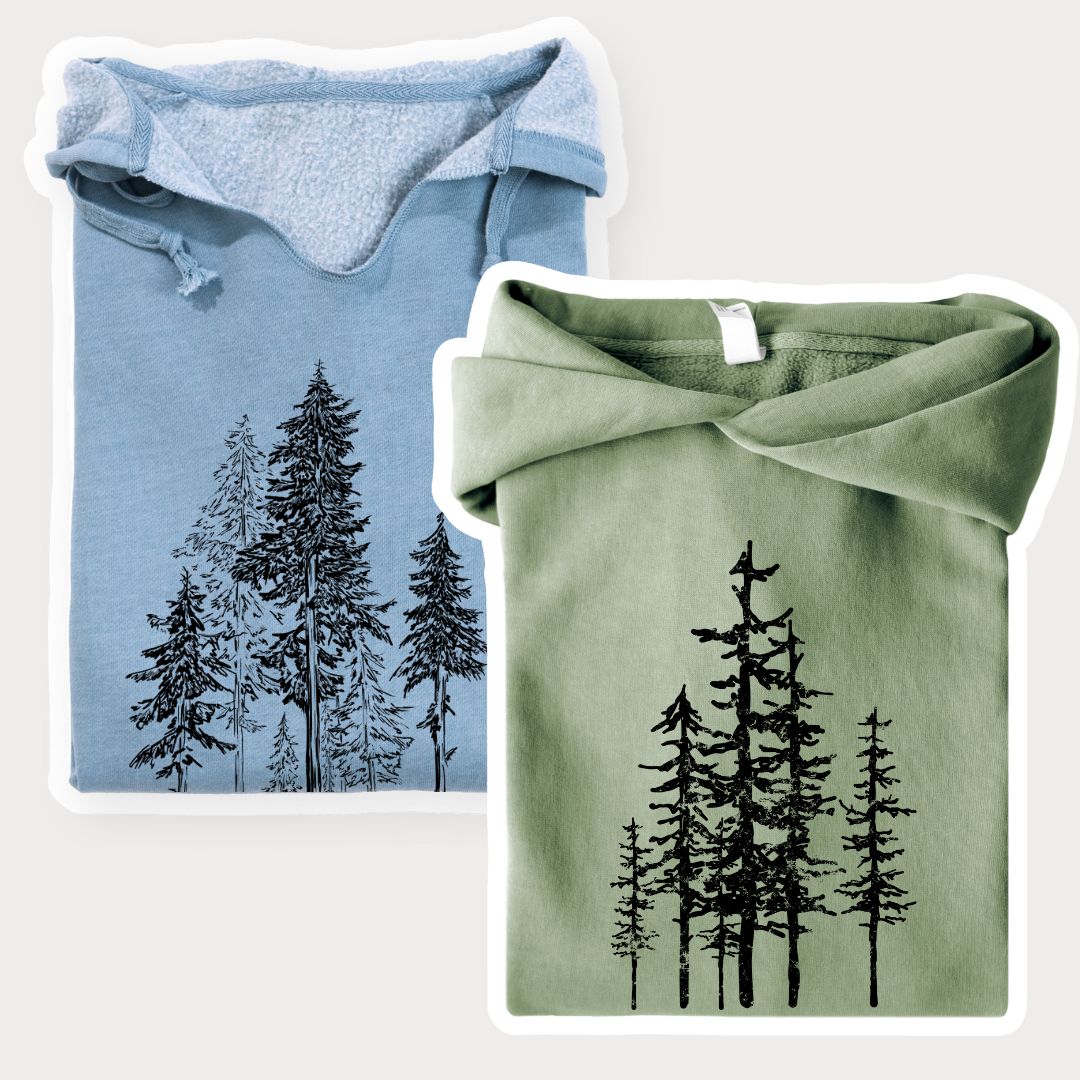
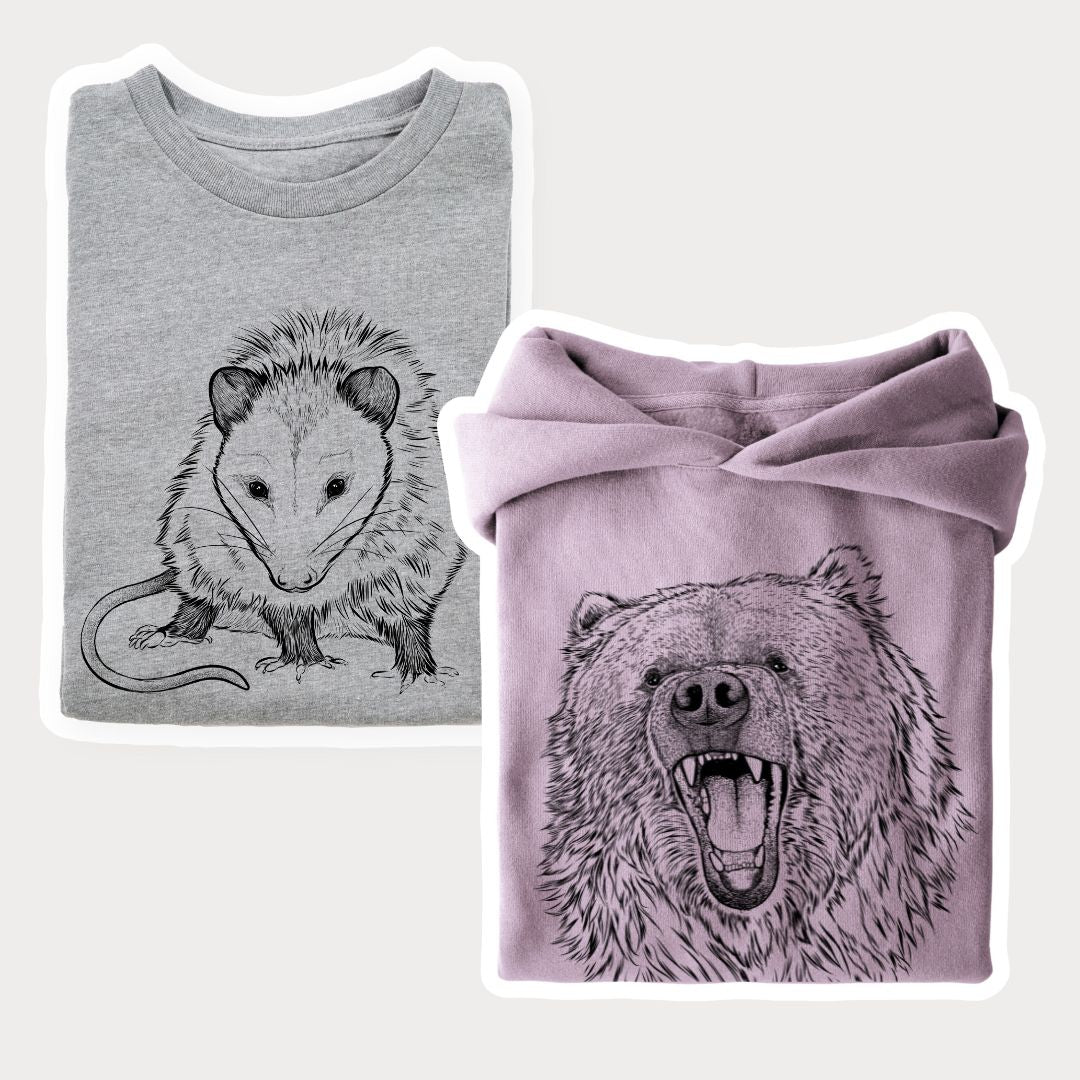
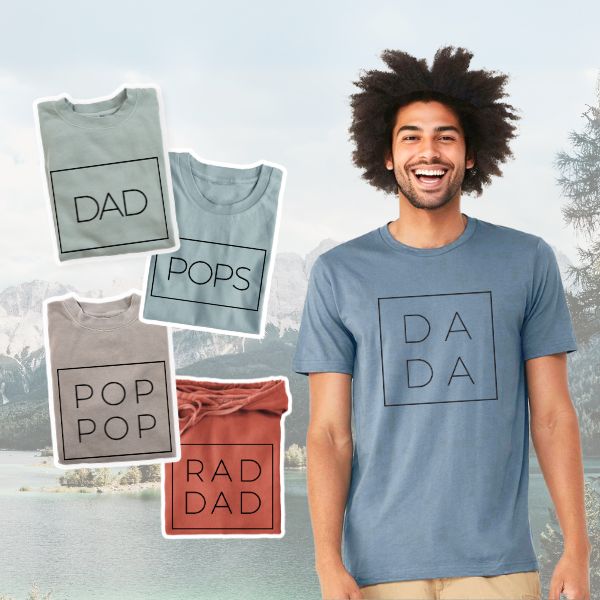
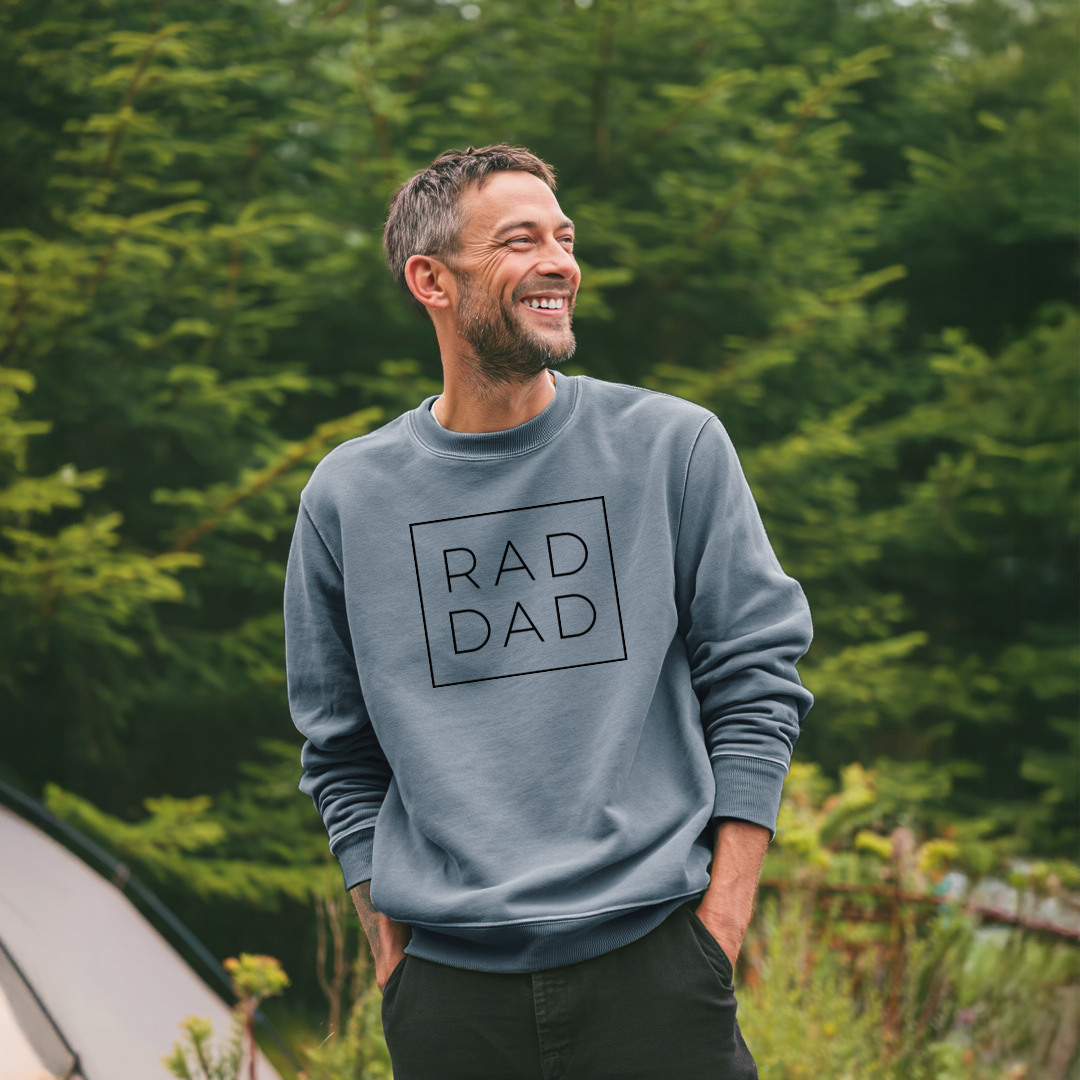
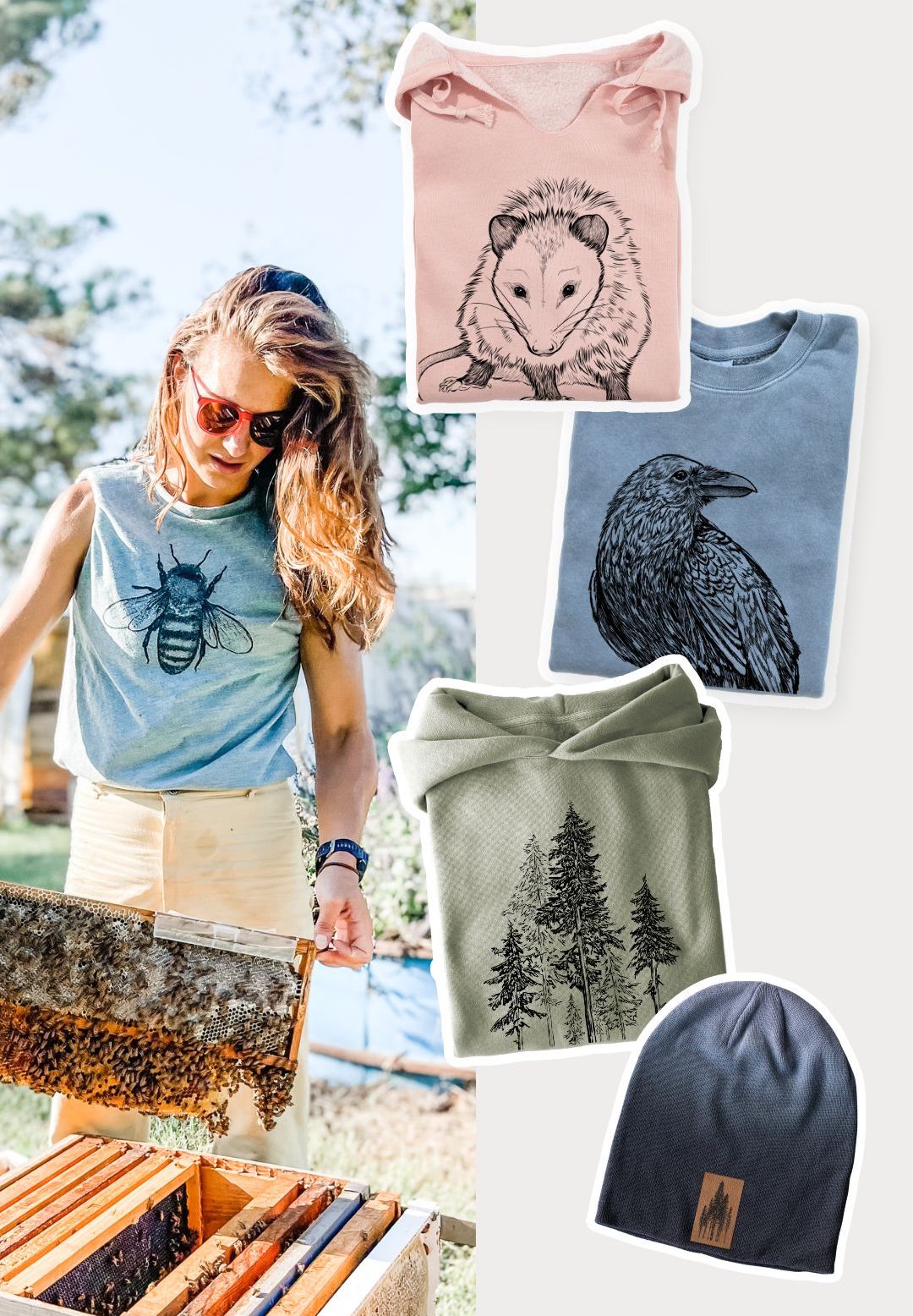
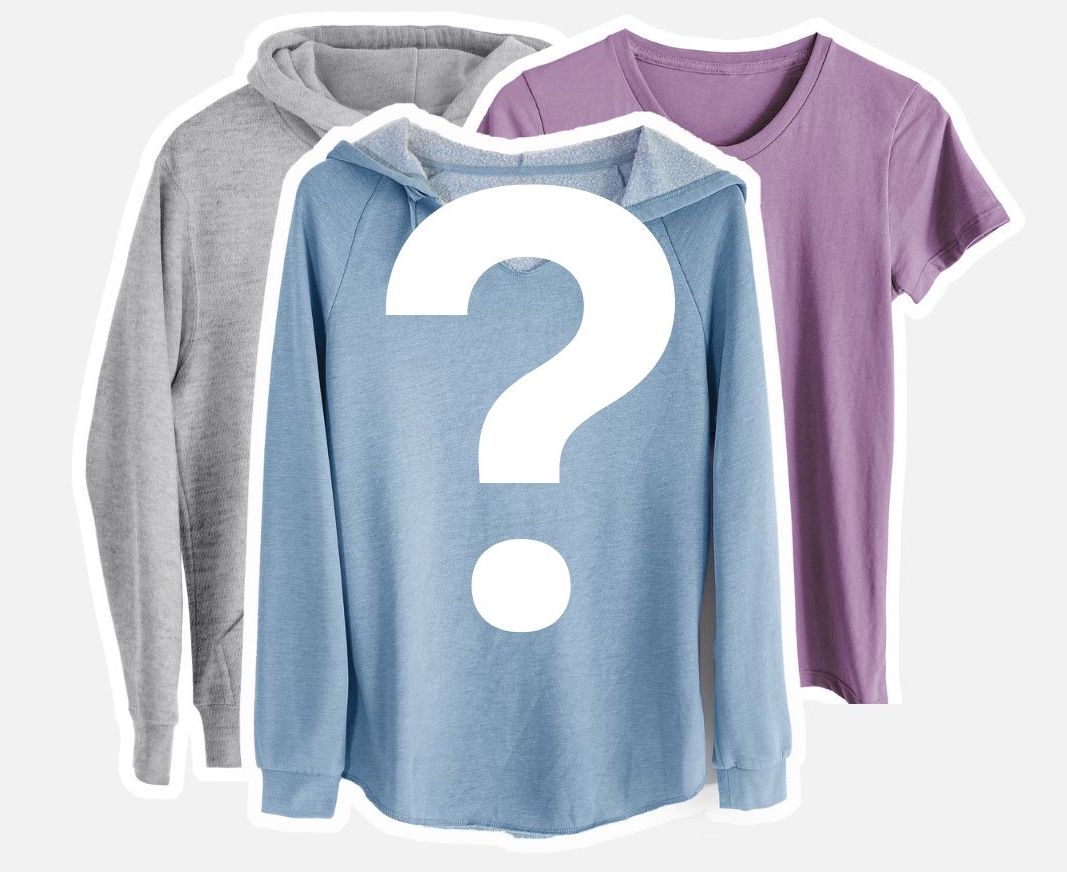
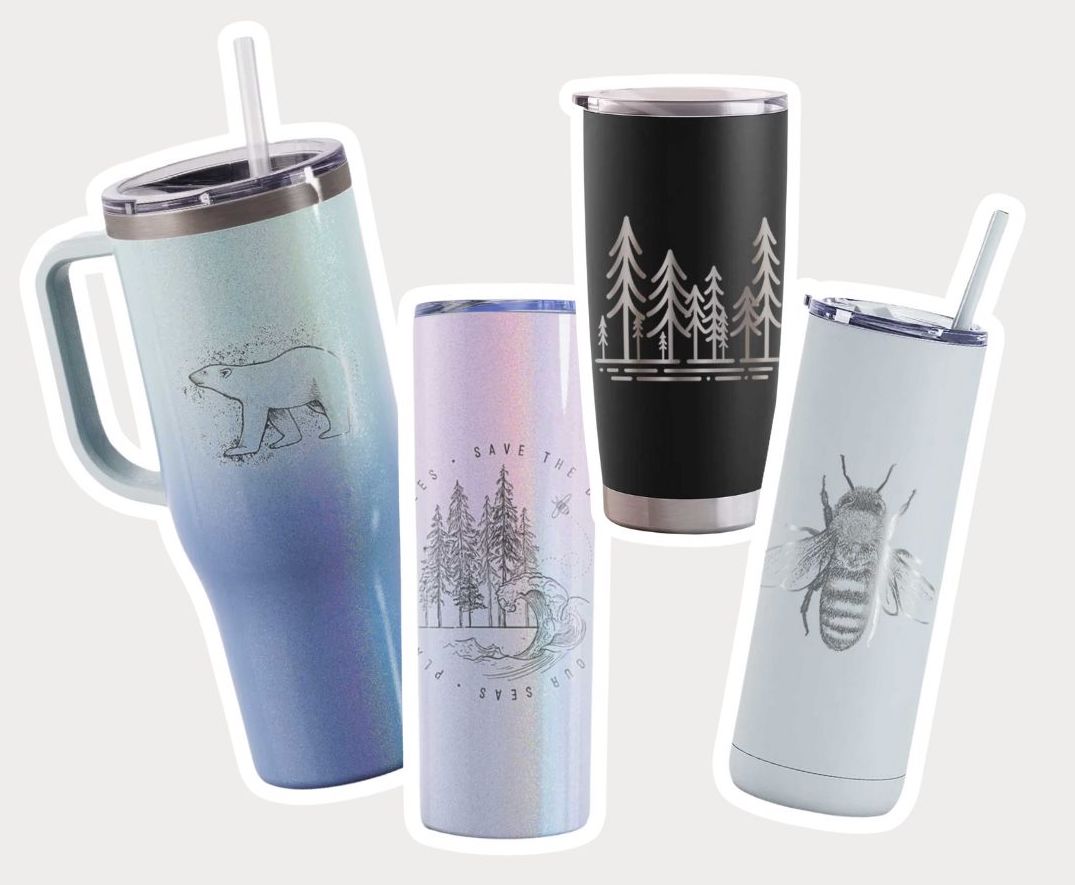

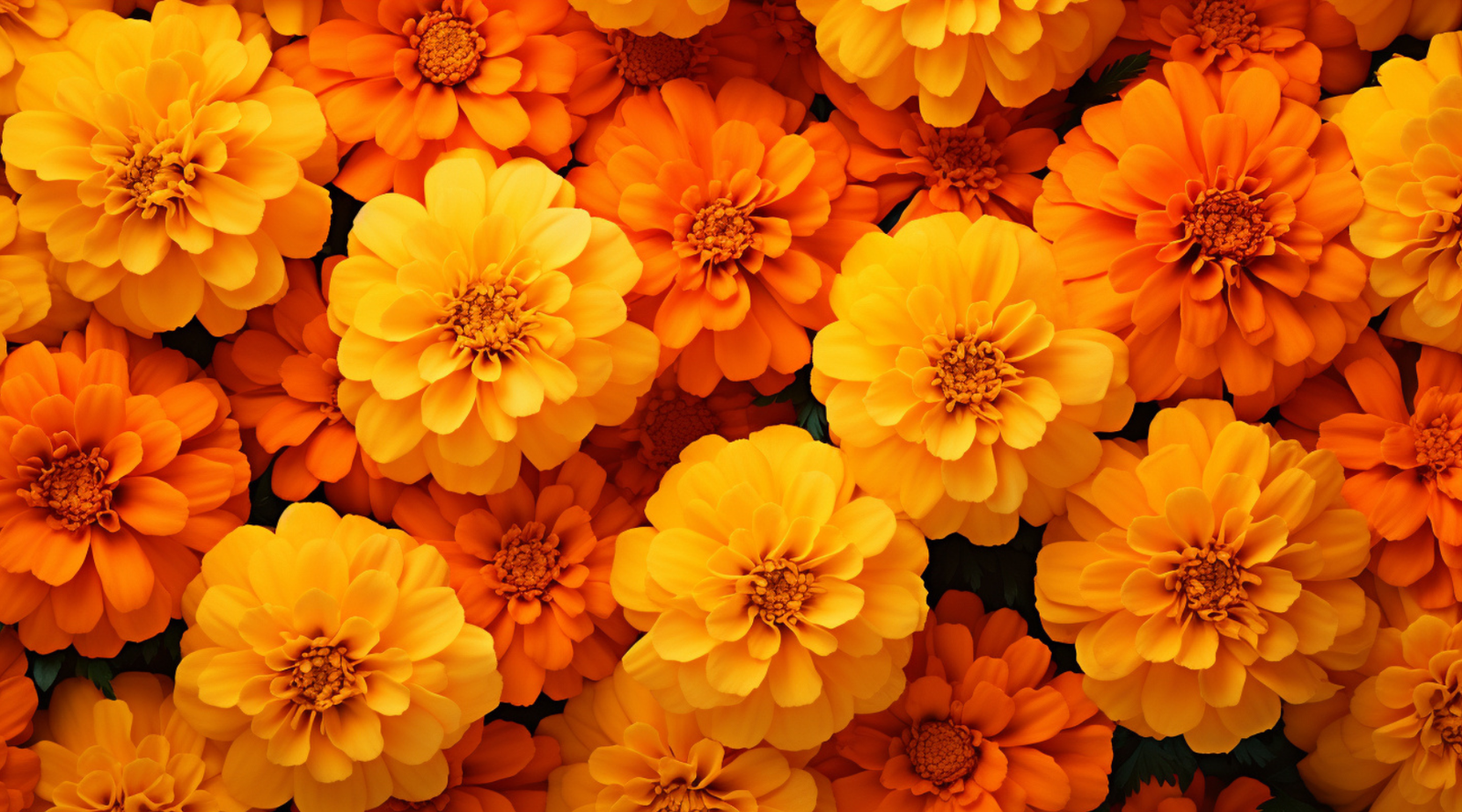
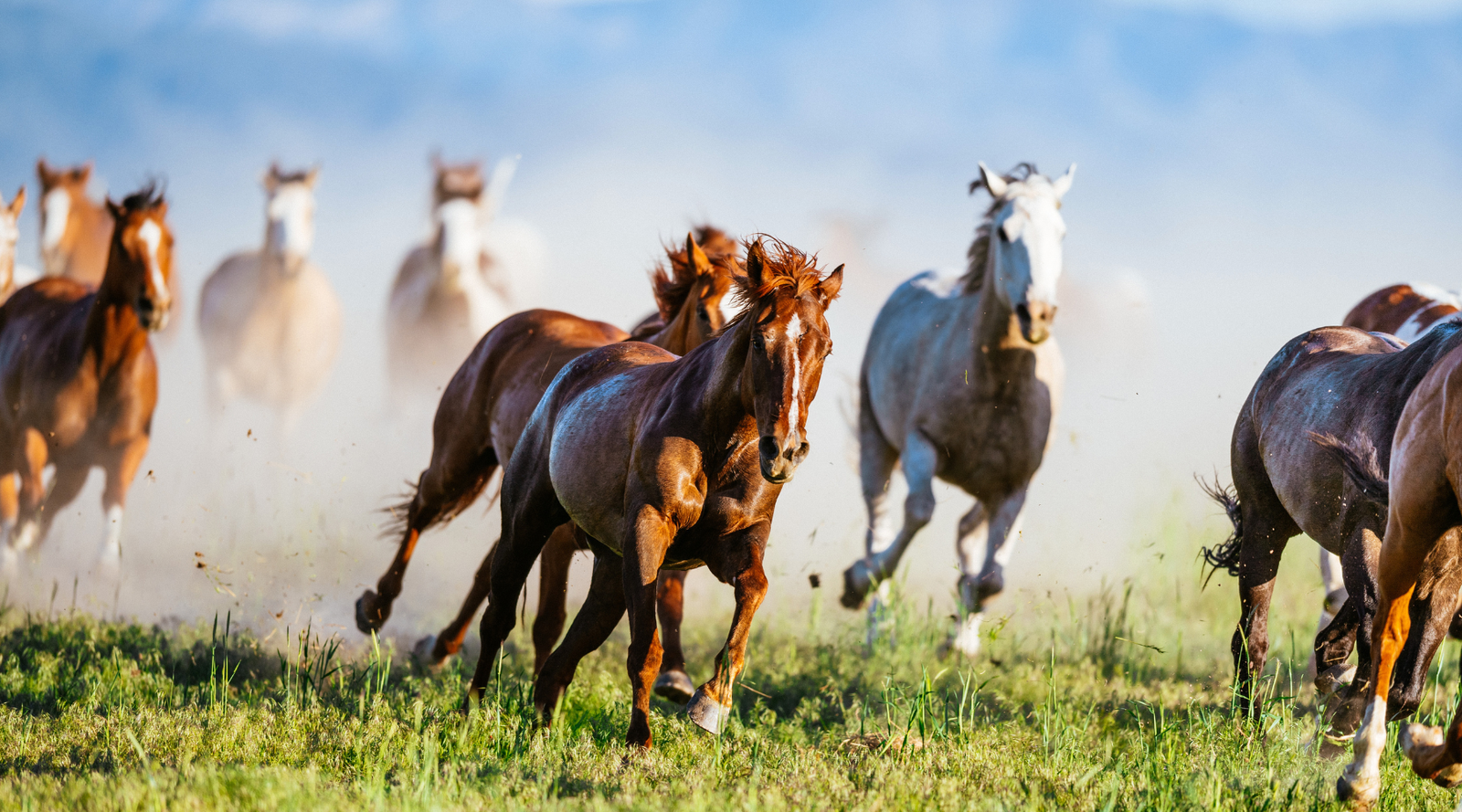
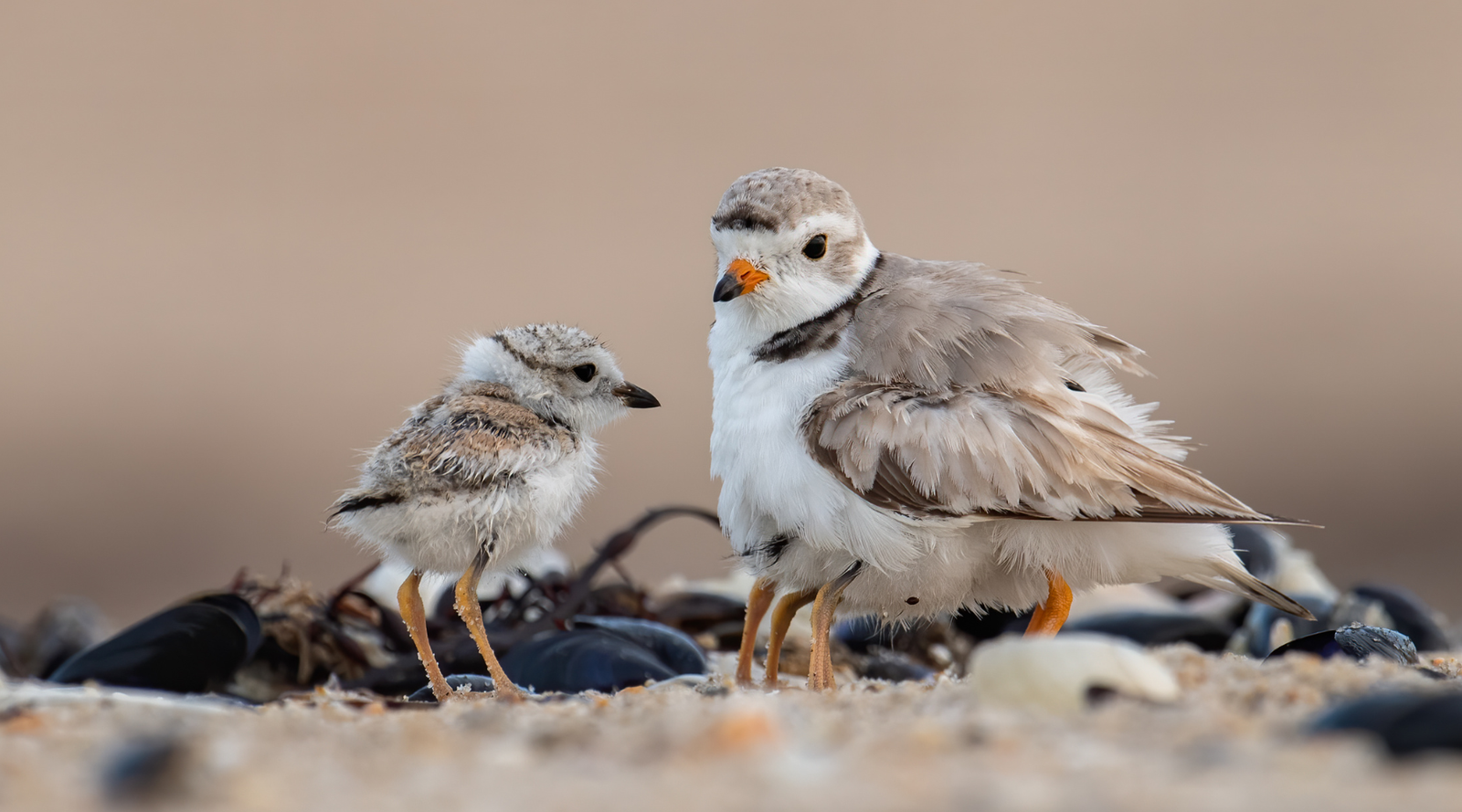
Leave a comment (all fields required)